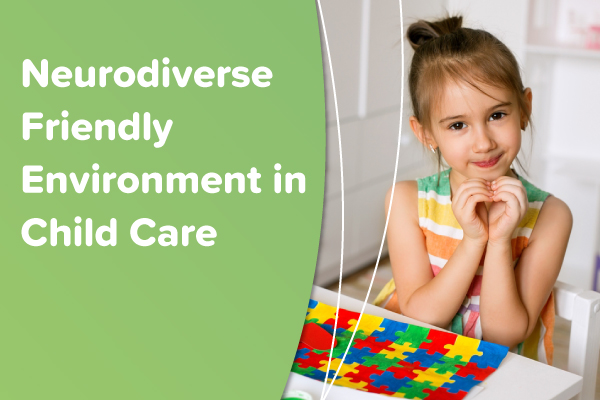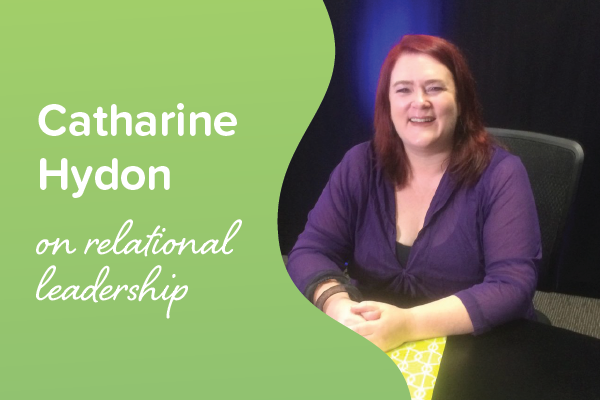
ADHD stands for attention deficit hyperactivity disorder and describes a developmental condition that affects a child’s ability to pay attention, sit still, follow instructions and control impulses. ADHD can have a notable effect on the day-to-day lives of those with it, so it’s important to know how to recognising ADHD in children and get them the support they need.
Recognising the signs of ADHD in children
More common in boys than girls, around 1 in 20 children in Australia have ADHD, with diagnosis not usually occurring until around five years of age.
According to the Royal Children’s Hospital, the most common signs and symptoms are:
- Inattention: Difficulty concentrating, forgetting instructions, moving from one task to another without completing anything.
- Impulsivity: Talking over the top of others, losing control of emotions easily, being accident prone.
- Overactivity: Constant fidgeting and restlessness.
Of course, if you work with young children you will have likely noticed that these symptoms can be seen in many children, not just those with ADHD. The difference is that symptoms will usually be more extreme in children with ADHD and will likely have an impact on their daily lives, social interactions and ability to learn. The process for diagnosing ADHD is thorough and will take into account a range of factors about the child, their behaviour, diet, general health, lifestyle and more.
Thankfully, with the right understanding and treatment, children with ADHD have the opportunity to lead normal lives.
Treatment for children with ADHD
ADHD can be treated with behavioural therapies including parenting techniques, classroom strategies and routines. Medication is also an option to treat ADHD.
If a child has symptoms of ADHD but has not been diagnosed with the condition or does not have the condition, behavioural strategies and certain classroom approaches can be useful regardless. Many children who have difficulty with sitting still, concentrating, listening and so on will benefit from strategies including plenty of exercise, setting simple and clear expectations and establishing daily routines.
Sources:
https://www.rch.org.au/kidsinfo/fact_sheets/ADHD_an_overview/



